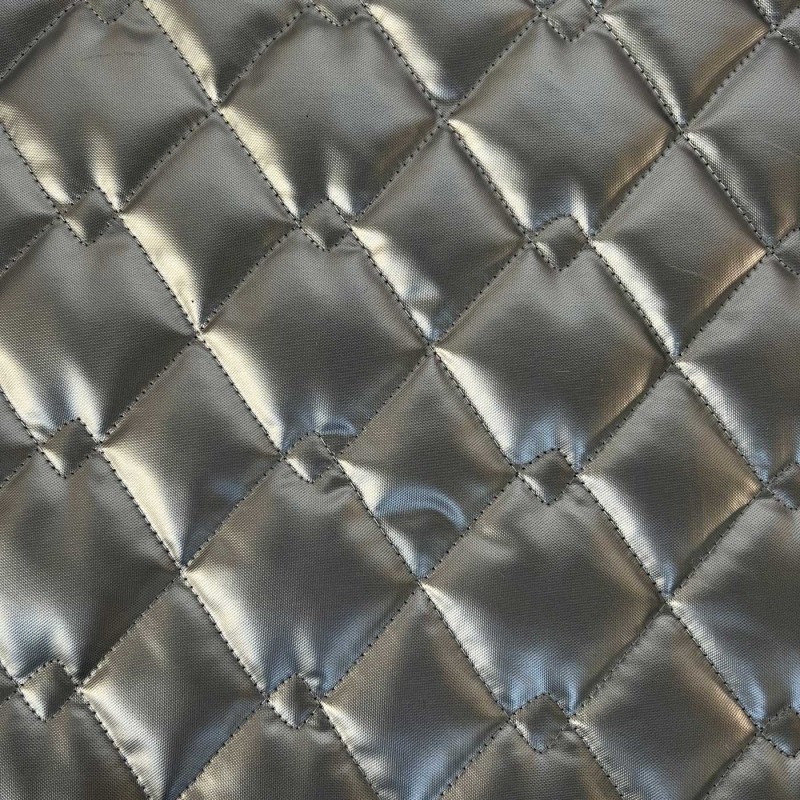Air temperature doesn't affect how much you sweat. It's body temperature that counts. Sweating is the main mechanism your body uses to lose heat. If you go out in the cold, your body becomes cold, so no sweating. A cold body is less efficient than a warm one, but then efficiency drops off again when temperature goes too high. When an athlete cycles on a cold day, the exercise is enough to heat the body up to an opti umbrella condition, but the 100w that you would make won't compensate for your loss of heat unless you're substantially insulated, and if you did have such insulation, it would hamper your pedalling, meaning some of your 100w is not making motive power, and it would produce a lot of drag.The cold air makes me sweat less for the same effort is what I meant.
In summary, air is denser, which causes more drag. Rolling resistance increases. Clothes for insulation cause drag. Lack of insulation causes body efficiency to go down and you can't pedal as enthusiastically.
The only way to know which of those factors affect you and by how much would be to compare a winter ride with a summer ride on a non-assisted bike, or listen to any guy that commutes on a non-assisted one, as they will all tell you winter rides take longer.









